Description
Latin Name: Daucus Carota
Origin Country: Germany
Daucus carota, whose common names include wild carrot, European wild carrot, bird’s nest and Queen Anne’s lace, is a flowering plant in the family Apiaceae. Carrot powder is a versatile and nutritious ingredient made from dehydrated carrots. Produced by drying and grinding fresh carrots into a fine powder, it retains much of the vegetable’s natural flavour, colour, and nutritional value. Carrot powder is commonly used in culinary applications to add sweetness, colour, and nutrients to a variety of dishes. It can be incorporated into soups, stews, sauces, and baked goods such as bread, muffins, and cakes, enhancing their taste and nutritional profile.
– Carrot powder is rich in beta-carotene, a precursor to vitamin A, which supports eye health and reduces the risk of age-related macular degeneration.
– Contains antioxidants like vitamin C and vitamin E, which combat free radicals, reduce inflammation, and strengthen the immune system.
– High fiber content aids in digestion, promotes gut health, and regulates blood sugar levels.
– Improves skin health, promoting a radiant complexion and reducing signs of aging.



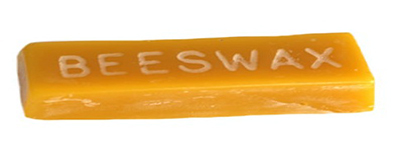

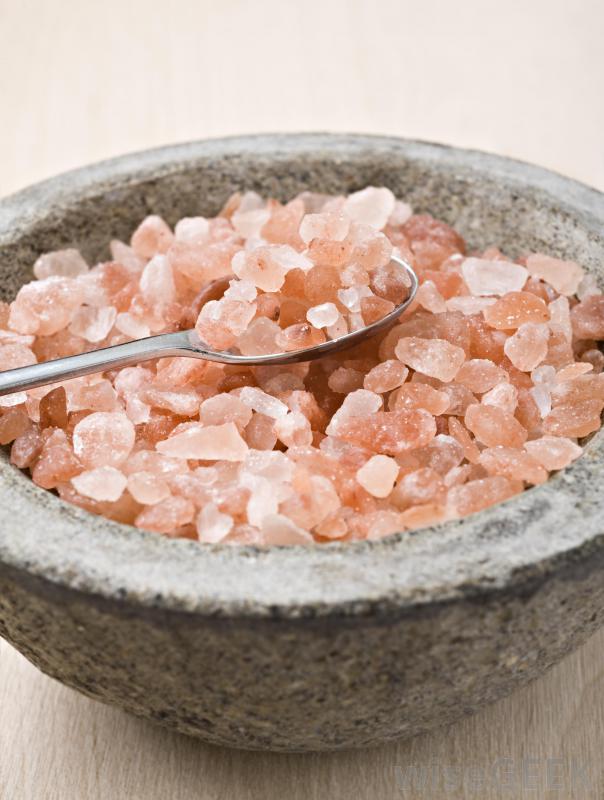
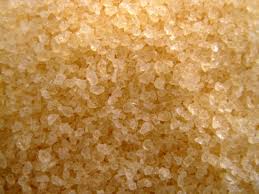

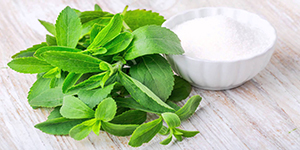

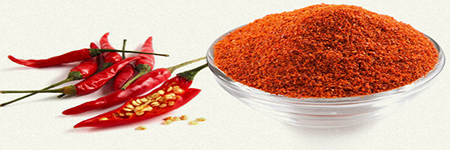

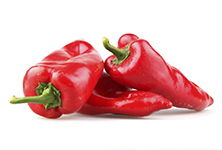








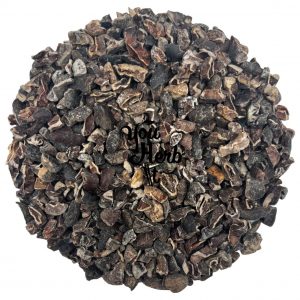
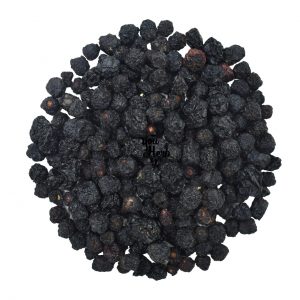
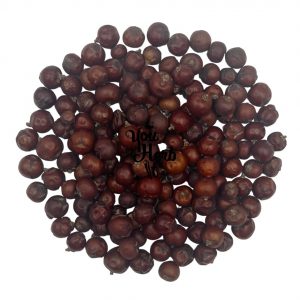

Reviews
There are no reviews yet.